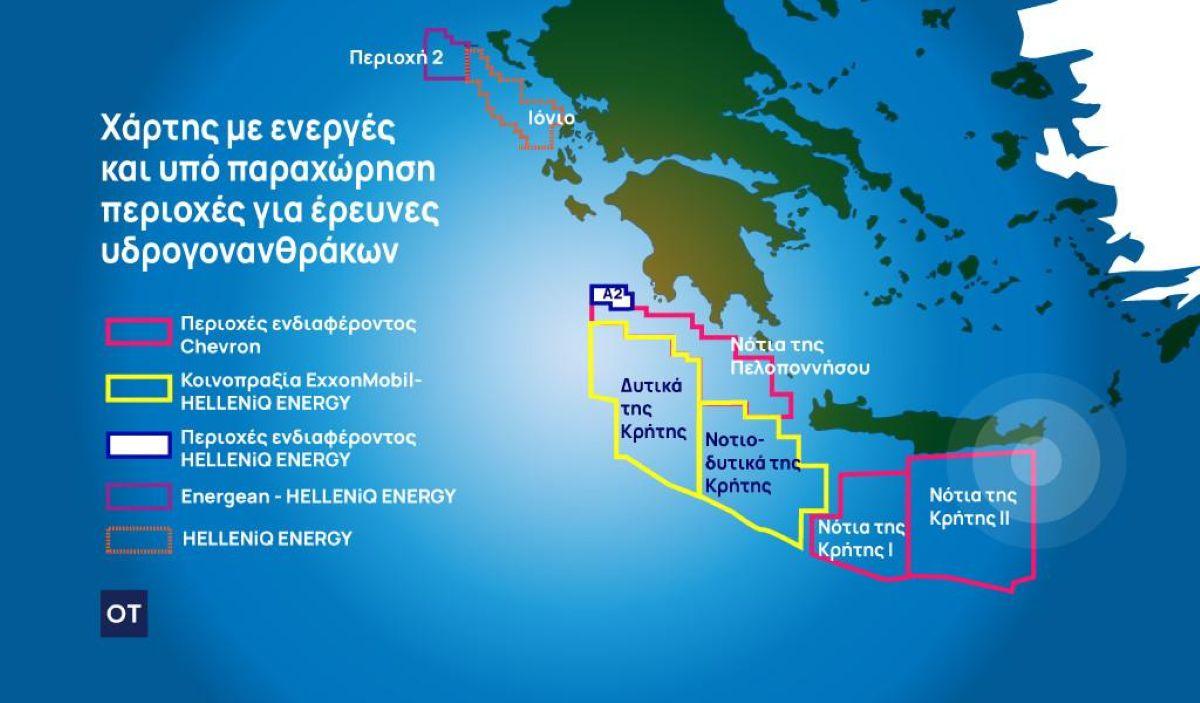During the Greek Crisis a new wave of migration took place, related to young Greek scientists and professionals (Brain drainers). This study utilizes the qualitative collection and analysis of 31 narrative interviews with Greek Brain Drainers living and working in the United Kingdom, in an effort to examine, understand and interpret the factors that contribute to both their escape and their return home.
The present study argues that both the factors that contribute to the flight and the intention (or even hesitation) to return home, are related to: a) macro-factors related to the socio-political-economic situation of Greece and b) cultural factors (related to prevailing Greek mentalities beyond the period or the influence of the Greek Crisis).
The macro-factors are related to the economic, social, and political conditions that developed in Greece during the Crisis. These conditions limited the personal and professional prospects for development and improvement of the participants.
If you work in Greece in a company, the employer has the mentality that if I pay you, you belong to me. If you are good this is not in your favor because they will just ask you to work harder. Without any consideration. There are no development prospects. I worked 12 hours and received 900 euros a month. Remuneration has nothing to do with it. (…) It is purely a matter of mentality (Miltos, 34, London).
However, and unlike previous Greek immigration waves, the main factor in fleeing the country is not solely economic or educational.
“It is not the money, it is other things that they have to do in Greece to become a better country. (…) Money is the least.” (Jason, age 27, Colchester).
The analysis of the interviews revealed specific factors that led to immigration, related to Greek culture and mentality.
“The collective interest does not take precedence. (…) There is impunity in Greece, so why not act illegally?” (Vassilis, 51, Cranfield).
These prevailing Greek mentalities have formed powerful triggering factors for fleeing Greece and are related to: individualism, connections and the favoritism, the logic of the ‘freeloader’, the lack of trust between the citizen-state, the family rule, the lack of transparency, corruption, lack of personal but also professional recognition and solidarity.
“I grew up in Greece and so I have a huge distrust of everything. I carry it here too. (…) We have not learned to trust.” (Theodore, 38, Northampton).
In Greece I followed his mentality to get away with things it a little, a little of everything for free, a little everything gratis, a little to find a friend to help us.” (Marina, 32, London).
Undoubtedly, these dominant Greek mentalities deprived the participants of prospects for progress and development both personally and professionally and contributed decisively to their departure from their homeland in an effort and expectation of finding prospects for development.
“The crisis drove me out of a country that would not help me become better as a person so unfortunately it hurt me. And of course I’m not happy about that at all. Because what I experience in a foreign country I would like to experience in my own country.” (Miltos, 34 years old, London).
The next key question in this study relates to the prospect of returning home. The expected motivation for such a decision is related to the diffuse nostalgia of the participants for the homeland, family and friends.
“I do not feel well. It bothers me. I’m upset, people close to me are affected. I do not see anything positive. There is no prospect” (Dimitris, 35, London).
Also the strong ties of the participants with their homeland become apparent through the feelings of sadness, bitterness, frustration, anger, disapproval but at the same time of compassion, agony and courage.
“I can’t see any improvement and this makes me really sad. There is not option for me to return back. This is a very hard realisation.” (Stavroula, 35, Gloucester) (Stavroula, 35, Gloucester).
However, participants determined that their return was subject to certain conditions which were not necessarily or solely financial.
“I don’t think that there exists a Greek person who does not want to return back. But I want to return back under my own terms. I do not want to lose what I have built in England although I know that it will never be my homeland.” (Dinos, 42, Milton Keynes)
Specifically, these conditions are connected with the reduction of hostile dominant mentalities of Greek culture that form the dominant social factors that led to their flight from their homeland, they are the ones that trigger the frustration, and suspend the decision to return them.
“I would like to return back but only under certain conditions, which I do not know if I can find. I am afraid of Greece because she has ‘burnt’ me many times, every time that I have trusted her.” (Erato, 41, London) (Erato, 41, London).
“Yes [I would return] but under preconditions. If I knew that I could do [in Greece] everything I can do here even with less money. Quality of life, peacefulness.” (Lia, 27, Northampton).
The fact that the conditions for the return of the participants are not limited to economic factors leads to the conclusion that this particular group of Greek Brain Drainers did not leave their homeland just because of the socio-political-economic situation that developed during the Greek Crisis. They did so for reasons related to Greek culture and specific established Greek mentalities discussed above.
Therefore, this study concludes that the specific hostile Greek mentalities that drove this group of Greek Brain Drainers, are ultimately the key to their return. That is to say, the motivation for their return ultimately shrinks to a visible and effective effort to improve all those hostile mentalities that triggered their flight, which does not depend solely on the improvement of economic conditions.
See and download the full study here.
* Athanasia Chalari is a Senior Visiting Fellow, Hellenic Observatory, LSE
* Irini Koutandou has a PhD Candidate, Psychosocial Studies, University of Essex







![Βούτυρο: Τι δείχνει το χρηματιστήριο τιμών – Γιατί παίρνουν… φωτιά τα κρουασάν [γραφήματα]](https://www.ot.gr/wp-content/uploads/2025/07/kroyasan-1024x683-1-300x300.jpg)





![Δασμοί: Οι εμπορικές συνομιλίες ΕΕ-ΗΠΑ για τους δασμούς στα αυτοκίνητα [γραφήματα]](https://www.ot.gr/wp-content/uploads/2025/07/tofas.jpg)

![Τεχνητή νοημοσύνη: Η ζήτηση ενέργειας αυξάνει τις εκπομπές CO2 [γράφημα]](https://www.ot.gr/wp-content/uploads/2025/02/data-center.jpg)
![Χρυσές λίρες: Πουλάνε μαζικά οι Έλληνες το εξάμηνο του 2025 [γράφημα]](https://www.ot.gr/wp-content/uploads/2025/07/photo_2025-07-04_13-01-06.jpg)











![Βούτυρο: Τι δείχνει το χρηματιστήριο τιμών – Γιατί παίρνουν… φωτιά τα κρουασάν [γραφήματα]](https://www.ot.gr/wp-content/uploads/2025/07/kroyasan-1024x683-1.jpg)


![Εκατομμυριούχοι: Η μεγαλύτερη μετακίνηση πλούτου στην ιστορία το 2025 [γράφημα]](https://www.ot.gr/wp-content/uploads/2024/04/money-2048x1366-1.jpeg)

![Τραμπ: Διοργανώνει σύνοδο κορυφής ΗΠΑ και πέντε αφρικανικών χωρών [γράφημα]](https://www.ot.gr/wp-content/uploads/2025/06/trump-maga-scaled.jpg)




